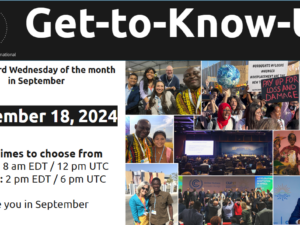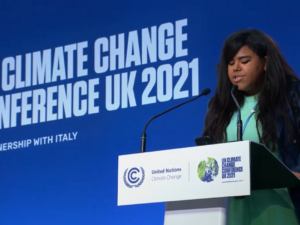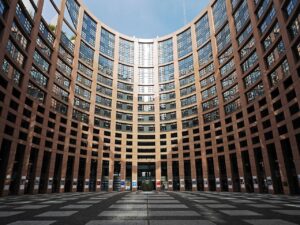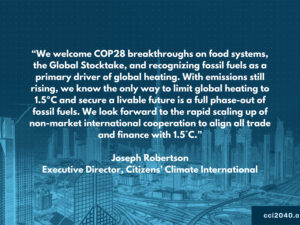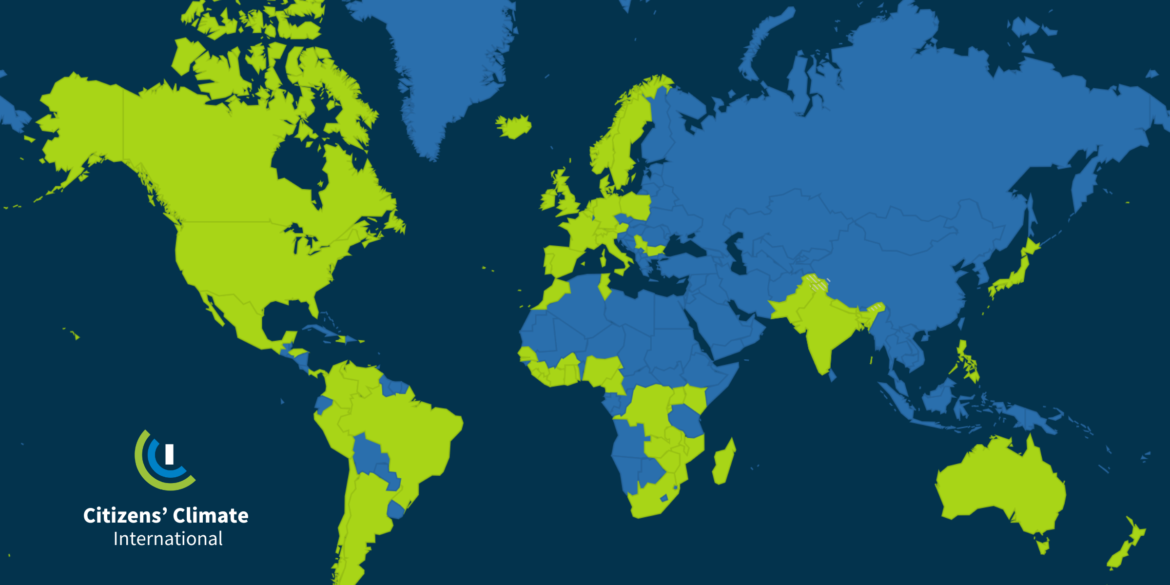
by Joseph Robertson
We have created Citizens’ Climate International, because we believe that informed people working constructively for a better future are the best hope we have.
Civic participation matters.
At the start of 2021, democracy has suffered setbacks across the world. Worsening income inequality is both driven by and also fosters erosion of democratic norms. Popular rebellion against systemic unfairness can veer towards firebrand populism and threaten to displace or destabilize the trusted, transparent institutions that make democracy work.
In its 2020 Democracy Index, the Economist Intelligence Unit reports that:
- Globally, democracy saw its biggest 1-year decline since the Index began, in 2006.
- This is attributable, in part, to COVID-19 restrictions, but not only because of the public health measures; the degradation in democracy comes from regimes that seek to use those restrictions to reduce political freedoms and accountability.
- The US saw its overall Democracy Index decline due to polarization and threats of violence, but losses were offset by increases in public engagement and participation. The EIU continues to rate the US a “flawed democracy”.
- Europe holds 5 of the top 7 places in the 2020 Democracy Index, with Norway, Iceland, and Sweden the top 3. New Zealand and Canada were 4th and 5th, with Finland and Denmark 6th and 7th.
The Democracy Index is based on five categories:
- electoral process and pluralism;
- the functioning of government;
- political participation;
- political culture;
- civil liberties.
The top-ranked countries share almost perfect ratings in (1) electoral process and pluralism and (4) political culture. The ability of people to have their voices heard, to contribute meaningfully to decisions about the landscape of their everyday and future lives, reinforces (2) functioning of government, (3) political participation (both the frequency and the quality), and (5) civil liberties.
Citizens can help government.
Healthy political culture and electoral process that is open, fair, and responsive to people’s needs and values, creates a civic space where governance, participation, and the exercise of civil liberties, create positive effects for the whole society, and provide mutual protection and enhanced general wellbeing.
Whether fully democratic or leaning authoritarian, no government can perfectly guess what each person needs.
The design of policies, investments, infrastructure, and even food systems, requires informed understanding of local experience. Participatory process can be added to any community planning effort, any city government, any regional or national institution, or to the design of supranational cooperation on climate, food, finance, and trade.
A key question is practice. How practiced are individuals, communities, nations, and international bodies, in the work of participatory policy design?
Intergovernmental climate negotiations, under the 1992 UN Framework Convention on Climate Change (UNFCCC), are big, busy spaces, but are still in the process of learning how to include stakeholders at the community, city, and regional levels, both within nation states, and across borders.
We’re betting on you.
A resilient future is not only resistant to climate shocks, but considers and includes people in the design of a world that works, every day. This is why, building on the foundational work of Citizens’ Climate Lobby:
- We work to empower citizens to build relationships with lawmakers and policy-makers, and to communicate science and civic process information to their communities.
- We recommend the Engage4Climate Toolkit for open stakeholder meetings, as a way to answer the UNFCCC’s Action for Climate Empowerment call, and provide new spaces for participatory policy design.
- We support the Education, Communication, and Outreach Stakeholders (ECOS) community, which works to foster ACE National Strategies and coordinates efforts like the Learn4Climate initiative.
- And, we advocate for climate income systems that price and reduce pollution while building value for people and communities.
Decision-making at the human scale ultimately affects the viability of vital ecosystems, watersheds, the climate system and all that we value in our day to day lives. To build back better from the COVID crisis, we need to recognize the role of empowered, informed human beings, uplifted by systems that answer to them.
As we go about building Citizens’ Climate International, we are conscious of many converging pressures facing people around the world:
- climate disruption and threats to human health and the biosphere;
- the misalignment of financial systems to everyday human needs and capabilities;
- the escalating risk of food system failure;
- worsening economic inequality and injustice;
- the ravages of COVID—including the human toll and related economic crisis.
If you are alive, you are a stakeholder. You have a right to shape the world that in turn will shape the conditions in which you live. Our aim is to ensure that people everywhere have good information, effective strategies, and a global network of friends to support them, as they work together to secure a future free from climate emergency.
The author, Joseph Robertson, is Executive Director of Citizens’ Climate International.


